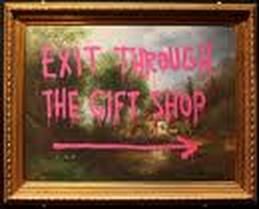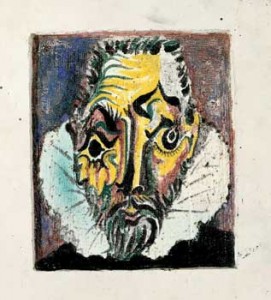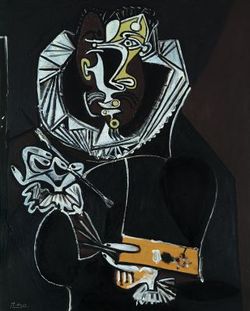|
Aesthetics is a particular field of philosophy and it considers sensual forms to be messages. It has two different approaches based on whether it describes or interprets.
a. descriptive aesthetics: it does not deal with the content of the message, only with its form and the relations between different elements of influence within the whole experience. b. interpretive (evaluative) aesthetics: in relation to the content of the message, it interprets and evaluates the form of the message and the relation between the meaning and the elements of influence, within the whole experience. It has three different approaches based on what kind of sensual forms it is ready to accept as ‘message’. a. art philosophy (analyzes exclusively the intentional self expressions /compositions/) b. general aesthetics (ready to analyze every man-made sensual form) c. universal aesthetics (ready to analyze every sensual form, e.g. even the aesthetic examination of natural phenomena) The questions and answers of aesthetics change significantly with time. The word ‘ethics’ is understood and used in three different ways.
a. laical: direct moral questions, moralizing statements ‘Ethics and morals are the same.’ ‘Ethics makes direct moral questions or statements.’ (e.g. ‘Is euthanasia right?’, ‘Bigamy is wrong.’) b. descriptive: the description of moral questions and statements ‘Ethics and morals are not the same.’ ‘Ethics describes the direct moral statements.’ (e.g. ‘Jesus says the foundation of right attitude is love.’) c. critical: evaluation of moral questions and statements ‘Ethics and morals are not the same.’ ‘Ethics explains the direct moral questions.’ (e.g. ‘Inconsistency leads to unprincipledness.‘)  The philosophy of history researches the logics and value perceptions of the models about the in-time patterns of occurrences, in other words the different approaches about history. Even the concept of ‘history’ indicates that the stories are not only interconnected by a chronological order of successiveness, but also by some sort of explanatory, universal logic. The philosophy of history researches the questions ‘What is every story about in general?’ and ‘What is the reason of occurrences?’. The answer is a fundamental narration which is the framing story (context) of all other stories (episodes). Without such narration life would fall apart into unrelated episodes and all episodes would fall apart into unrelated moments. The rejection of ‘history’ is the rejection of mankind’s ‘common faith’ and the ‘meaning of life’ (the desire for values and the search for values). Therefore ‘history’ is rejected only in exceptional cases (e.g. by those against change, by the defenders of ‘status quo’), it is rather that the different versions of the framing story are debated. Nevertheless, a universally comprehensive narrative is both methodologically and politically problematic. |
authors:
George Alexander Sveinn
"Baraju"
contents:
archives:
September 2010
topics:
All
|






 RSS Feed
RSS Feed
